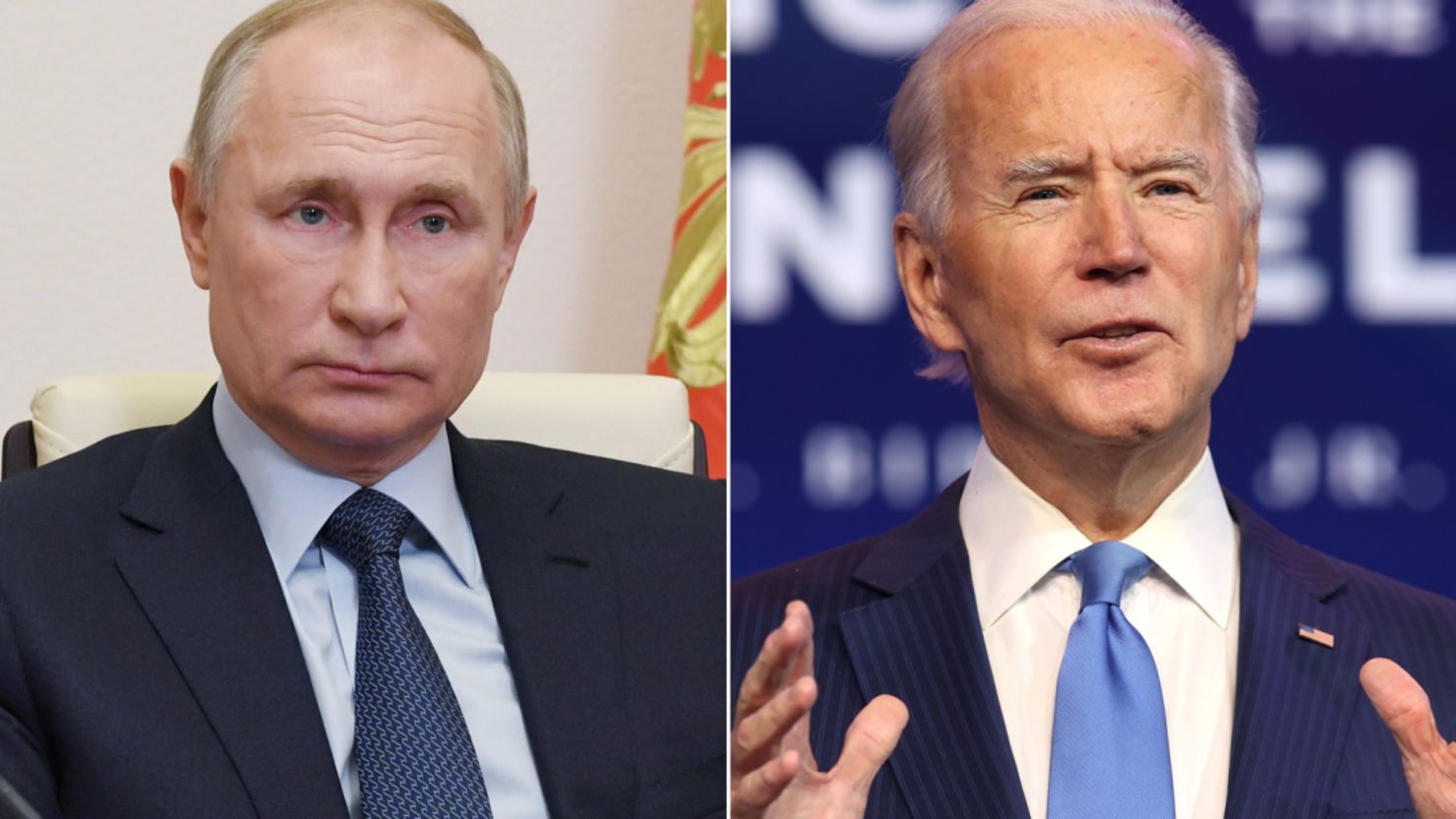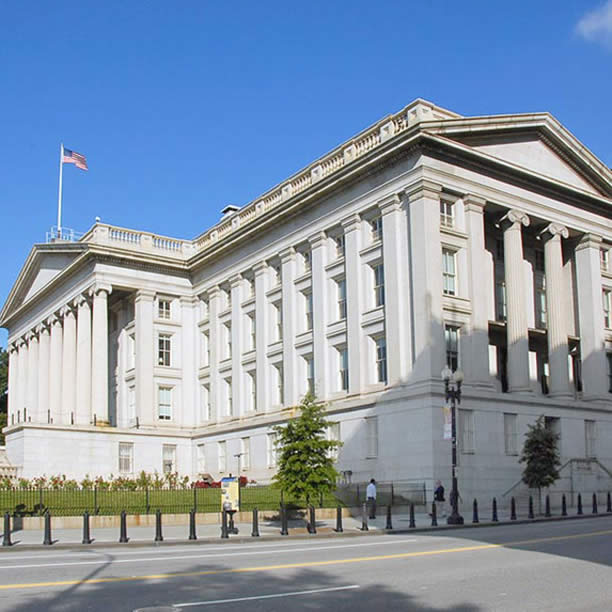The Trump administration"s recent decision to extend Biden-era sanctions on key Russian banks and the energy sector raises serious questions about the consistency and integrity of U.S. foreign policy. With the extension of General License No. 115B, which affects thirteen significant Russian banks, the narrative that Trump is taking a hardline stance against Moscow stands in stark contrast to the reality of his administration"s actions.
Sanctions Extension Raises Eyebrows
As reported by The New York Times, the sanctions were initially set to expire, yet the Trump administration extended them just days before their expiration date. This move has been described as a routine action, but it reflects a broader pattern of continuity between the Biden and Trump administrations that many analysts are hesitant to acknowledge. Colby Badhwar from Tochnyi notes that the renewal is the simplest decision to make, given the geopolitical context.
Political Maneuvering Over Genuine Action
Despite the Trump administration"s claims of maintaining a tough stance, it appears that this is more of a political maneuver than a genuine commitment to holding Russia accountable. A senior official claimed to Kyiv Post that no sanctions have been lifted, reinforcing the idea that this extension is merely a way to maintain the status quo without implementing significant new restrictions.

Six key takeaways from Biden’s Russia sanctions announcement | CNN Politics
Implications for U.S. Foreign Policy
According to former Biden official Brad Brooks-Rubin, the extension does not represent a new strategy but rather reflects a cautious approach from the Trump administration, keeping options open without making substantial commitments. This lack of decisive action could allow Russia to continue its harmful activities unimpeded. The administration"s decision to extend the sanctions until December 19, 2025, gives it ample time to decide on its future course, but it also raises concerns about its willingness to take a firm stand against authoritarian regimes.
Hungary"s Role in the Sanctions Conversation
The situation is further complicated by Hungary"s announcement that the U.S. has lifted sanctions on the construction of the Paks II nuclear power plant, a project benefiting from Russian investment. Hungarian Foreign Minister Péter Szijjártó"s claim has ignited speculation regarding the U.S. commitment to maintaining a united front against Russian aggression. This contradiction illustrates the complexities of international diplomacy and the potential for backroom deals that undermine broader sanctions efforts.

Southeast Corner Treasury Building, Treasury and the Capitol ...
The Broader Context of Sanctions Efficacy
The Biden administration had previously issued numerous sanctions against Russian entities, averaging over 170 new sanctions per month from 2022 to 2024, according to Brookings. The Trump administration"s extension of these sanctions without adding new measures poses the risk of allowing Russia to replenish its war chest, undermining the efficacy of previous sanctions and the U.S. position in international negotiations.
In a geopolitical landscape where Russia continues to flex its military might, especially in Ukraine, the Biden administration"s initial hardline sanctions were designed to apply pressure and provide leverage for peace negotiations. However, the Trump administration"s cautious extension of these measures suggests a reluctance to escalate tensions or confront Russia directly, potentially emboldening Moscow"s aggressive posturing in Eastern Europe.



![[Video] Gunfire between Iraqi security forces and Sadr militias in Baghdad](/_next/image?url=%2Fapi%2Fimage%2Fthumbnails%2Fthumbnail-1768343508874-4redb-thumbnail.jpg&w=3840&q=75)
